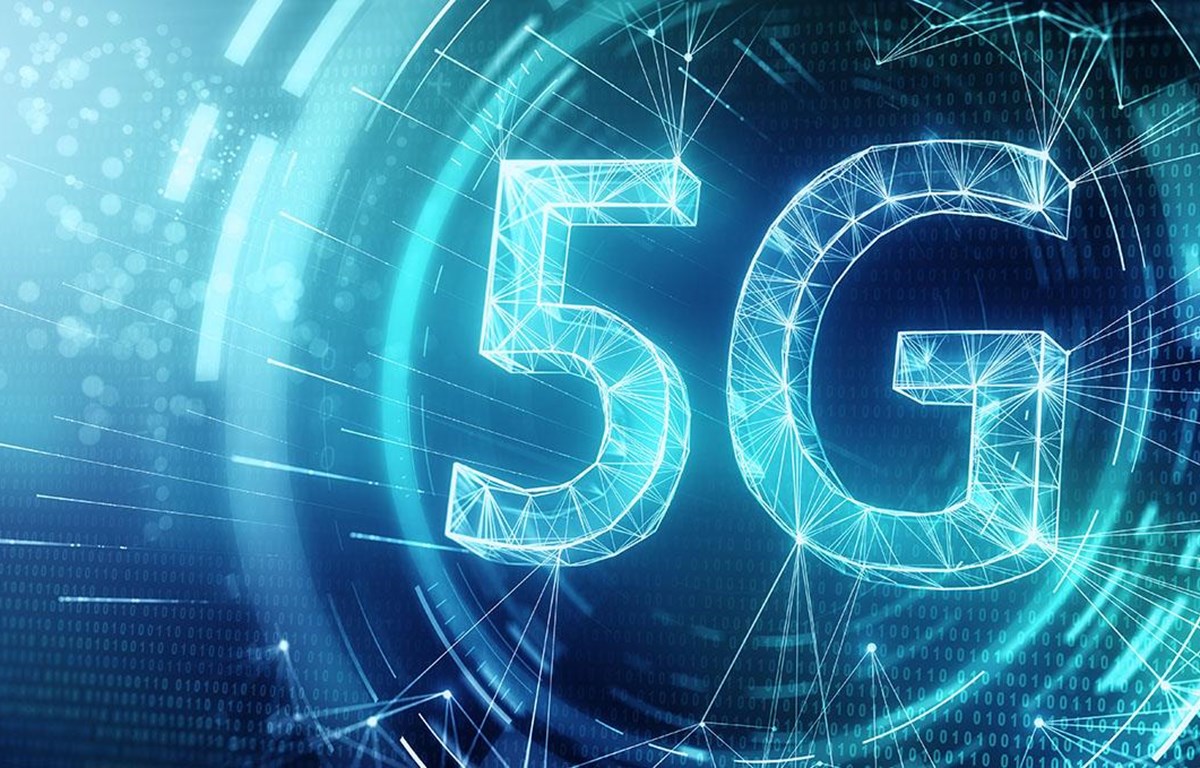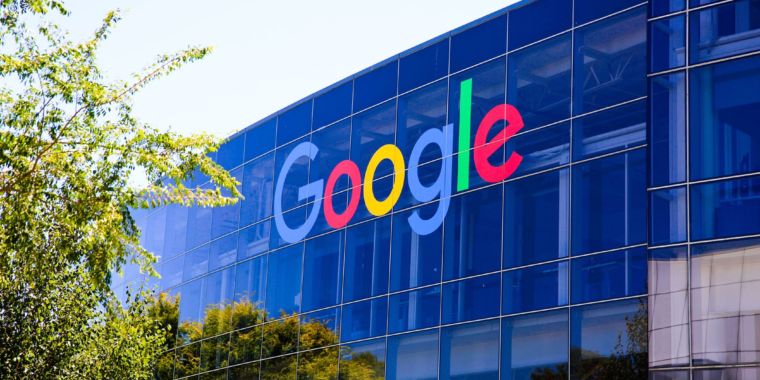Discussing the Communication Technology in "Blossoms"
This article takes the reader back to the development of communication technology in the 1990s through the TV series "Blossoms," including the emergence of mobile phones, landlines, pagers, and data communication networks. -

Recently, the TV series "Blossoms," directed by Wong Kar-wai, has been widely popular and discussed online.
Xiaozao rarely has time to follow TV series. However, when my family was watching it, I took a peek and found it quite good. So, I ended up binge-watching all 30 episodes.
I personally think that this series has beautiful visuals, strong acting, and many memorable lines. Although the core plot is a bit weak, it's still worth watching (currently rated 8.5 on Douban).
The series narrates a business war story set in Shanghai in the 1990s. The main character "Boss Bao" (played by Hu Ge) and his friends seize opportunities and face challenges amidst the intense era of change, ultimately undergoing transformations.
I won't spoil the plot details. Today's article theme is to discuss the various communication technologies featured in the series from the perspective of someone in the communication field.
These technologies are full of era-specific characteristics and have mostly disappeared now. Through this series, we can time travel back to that magnificent era.
The first technology to be introduced is the legendary mobile phone.
In "Blossoms," we see many scenes involving mobile phones.
In the intense business wars and stock market gambles, the main and supporting characters use mobile phones extensively for information exchange and giving instructions. Mobile phones play an important role in advancing the plot.
Like most people in China, I first saw a mobile phone in early Hong Kong films.
In these films, bosses or gang leaders often carried a large "brick-like" device, casually speaking into it, which looked cool and imposing.
The mobile phone, or the early version of it, was invented in 1973 by Martin Cooper, an engineer at Motorola. This device was the predecessor of the mobile phone.
Why is it called a "big brother" in China?
It's said that Hong Kong martial arts star Sammo Hung was one of the first in Hong Kong to own a mobile phone. He frequently used it on set, and the Hong Kong media often photographed him with it. Since Hung is Jackie Chan's "big brother," the media started calling this mobile communication device "big brother." The name later spread to mainland China, where it was adopted due to its association with wealth and status.
So, was it reasonable for Shanghai's "Boss Bao" to use a mobile phone in 1993?
Absolutely. The mobile phone is a typical 1G (first-generation mobile communication) technology. In the early '80s, developed countries had already adopted the 1G standard and built extensive 1G networks.
In 1987, the 6th National Games were held in Guangzhou. With the support of then-Mayor Ye Xuanping, Guangzhou built China's first 1G network, a historic milestone. The first call was successfully made on November 18, 1987, at the Xidesheng Base Station in Guangzhou.
At that time, the 1G network used British TACS technology, and the equipment was provided by Ericsson. The network had one exchange, three base stations, and could accommodate 1,200 users.
China's first mobile phone user was businessman Xu Feng. On November 21, 1987, he registered for a mobile phone in Guangzhou, with the number 901088 (9010 was Guangzhou's area code at the time, and 88 was a lucky number chosen by Xu Feng).
Xu Feng recalled: "At that time, the post and telecommunications department didn't know how much to charge for the phone. They let me write a check for 20,000 yuan and take the phone first."
That was a Japanese NEC analog mobile phone, imported for $1,350 and sold for 12,000 yuan. The network fee was 6,000 yuan, with a call charge of 0.6 yuan per minute and a monthly fee of 150 yuan.
After Guangzhou built the first 1G base station, it caused a huge sensation nationwide. Chongqing, Beijing, Liaoning, and other provinces and cities quickly followed, launching their own 1G networks. Shanghai in 1993 definitely had a
1G network.
In fact, 1993 was a turning point for China's mobile communication industry. On September 19 of that year, China's first digital mobile telephone GSM network was launched in Jiaxing, Zhejiang. Since then, 2G began to take root in the Chinese market.
This means that from 1994 onwards, the mobile phones in the hands of "Boss Bao" and others began to phase out, replaced by smaller, better-signal feature phones.
In 1994, two significant events happened in China's communication industry: the establishment of China Jitong and China Unicom, paving the way for a major reorganization of the telecom industry.
What were ZTE and Huawei doing in 1993-1994?
At that time, ZTE and Huawei were still striving to survive.
Viewers of the series will surely remember the landline phone on "Uncle Ye's" desk.
"Boss Bao" used a mobile phone, while "Uncle Ye" used a landline, more low-key. Many important messages were conveyed through this phone.
This landline service is part of the PSTN (Public Switched Telephone Network). In the '80s, earlier in the reform and opening-up period, the focus was on building landlines rather than mobile phones, to meet the basic communication needs of the people.
At that time, we had no independent technology, and large-capacity program-controlled switchboards were mainly imported. Different provinces imported equipment from different manufacturers, resulting in "seven countries, eight systems."
Entering the '90s, domestic large-capacity program-controlled switchboards began to rise.
In 1991, 38-year-old Wuxiang, Dean of the PLA Information Engineering College, led the development of the HJD04 (04 machine) large-capacity digital program-controlled switchboard, breaking the monopoly of foreign manufacturers.
At that time, ZTE and Huawei, based in Shenzhen, had just made some money from "three supplies and one compensation" business and were preparing to develop low-end switchboards independently. (If Miss Wang went to Shekou in Shenzhen, she might have encountered them.)
They couldn't compete with foreign companies in urban markets, so they targeted the rural "nonghua" market.
Their decision was correct. With the ZXJ10 series and the C&C08 series, both companies earned their first bucket of gold and later achieved a turnaround, becoming global communication giants. But that's another story.
Besides mobile phones and landlines, "Blossoms" also features a communication technology that's easy to overlook: the pager.
The pager, also known as a BB machine or call machine, was born earlier than the mobile phone. The world's first pager was created in 1948 by Bell Labs and was named BellBoy. In the '50s and '60s, Motorola popularized pagers.
Pagers entered China in 1983. That year, the 5th National Games were held in Shanghai, and the Shanghai Post and Telecommunications Development Service Company established the first paging station in China, serving 30 staff members of the National Games.
In the '80s and '90s, pagers were very popular communication tools. Compared to landlines, they were mobile, and compared to mobile phones, they were much cheaper, making them popular among users.
At that time, the Post and Telecommunications (later Telecom), Hualu, Wansheng, Guoxin, Asia Pacific, Xinhua, Yuanwang, Runxun, Xingda (later sold to Unicom) and other paging stations were established to provide paging services to the public.
Early pagers didn't have a display function. After receiving a signal, the owner had to find a public phone to call the paging station to find out who was looking for them and why.
Later, with digital and Chinese display pagers, capable of receiving text messages, pagers became one-way communication short message receivers, with a greater purpose.
By the late '90s, with the widespread adoption of 2G mobile phones and SMS services, the value of pagers gradually diminished, and their business scale began to shrink.
Entering the 21st century, around 2005, BP machine base stations in mainland China were almost completely shut down. Since then, pagers have faded from the historical stage.
Mobile phones, landlines, and pagers were the three most representative communication technologies of 1993. In "Blossoms," there's another technology detail worth paying attention to, vaguely revealing the future direction of the entire communication industry.
What is this detail? It's the emergence of data communication networks.
In the climax of the latter part of "Blossoms," Boss Bao and Qiang started a stock market war. At that time, most stock traders conducted transactions through counter orders, then synchronized them to the trading floor, where traders executed the orders.
Boss Bao, in his "United Fleet" at Xiaolehui, also introduced a computer to improve trading efficiency.
This raises a question: Could this computer be connected to the stock exchange at that time?
I personally think it couldn't, which might be an oversight in the plot.
China had introduced computers and early TCP/IP technology in the 1980s.
On September 20, 1987, Professor Qian Tianbai from the Beijing Institute of Computer Application in China's armaments industry sent China's first email, which read:
"Across the Great Wall we can reach every corner in the world."
This email had profound significance, marking China's first "intimate contact" with the internet. Professor Qian Tianbai is also known as the "Father of the Chinese Internet."
However, the network used by Professor Qian at that time was not the real Internet, but an international networking project between China and Germany's academic circles - the China Academic Network (CANET).
Several similar academic networks were actively constructed in China, attempting to establish connections with international networks. But these connections were merely "indirect connections" or "single-function (mail) connections," not true "direct Internet connections."
It wasn't until 1994 that we genuinely connected to the Internet. On April 20 of that year, the 64K international satellite line of the NCFC (Zhongguancun Educational and Scientific Research Demonstration Network) was officially launched, achieving a full-function connection with the Internet, and China officially stepped into the era of the Internet.
A year later, on May 17, 1995, in the Xidan Electronics Building in Beijing, the Ministry of Posts and Telecommunications set up a service acceptance point, allowing ordinary users to access the Internet. Thus, China's first batch of internet users was officially born.
"Blossoms" is set at the end of 1993 and early 1994. Logically speaking, the "United Fleet" wouldn't have had internet access capabilities; the PC would only operate as a standalone unit, unable to connect to the stock exchange for trading. The possibility of setting up a dedicated line seems low as well.
However, their use of computers for trading was indeed a trend.
During that period, there was a surge in information technology in China, with many organizations introducing PCs to improve work efficiency. This laid the foundation for later network and digitalization, and also marked the beginning of our country's alignment with international information and communication technologies.
Final Words
I really like "Blossoms." As someone who experienced that era firsthand and as an entrepreneur, the characters' experiences and dialogue resonate with me.
In 1993, I was just 10 years old. At that time, China was entering a critical phase of reform and facing unimaginable difficulties. Amidst the turbulent development of the era, people's material living standards were just beginning to improve, but were still not high. The impact of the external environment left many people confused. Some chose to wander in place, some went with the flow, while others bravely forged ahead.
Thirty years have passed quickly, almost like a dream. The trials and tribulations of this period have changed many things and many people.
Now in my forties, I have witnessed the drastic changes in society, the rapid evolution of communication technology (fortunate to be part of it), and the significant leap in people's living standards.
Looking back, our path over the past 30 years was the right one.
What will happen in the next 30 years? How will the lives of each of us, our country, our society, our industry change? Will the new difficulties we face be resolved once again?
Only time will slowly reveal the answers.
What's Your Reaction?




























:quality(85):upscale()/2024/01/25/878/n/1922153/f94f61ec65b2bf18018990.47538761_.jpg)

:quality(85):upscale()/2024/01/26/751/n/1922153/6bd241b765b3e57a0c5559.91495665_.png)
:quality(85):upscale()/2024/01/26/759/n/29590734/b7f6660b65b3e8460d7196.77057039_.jpg)













